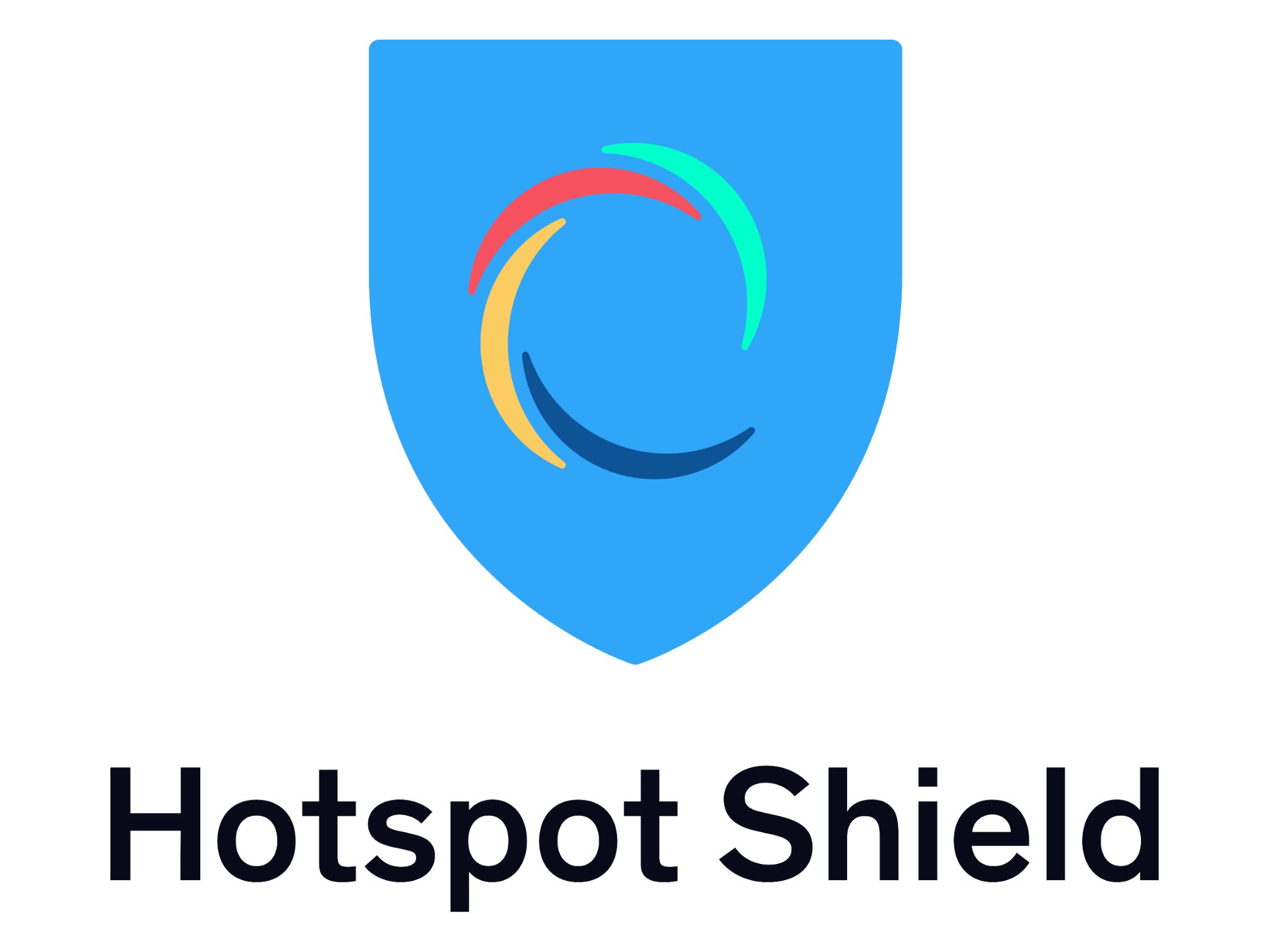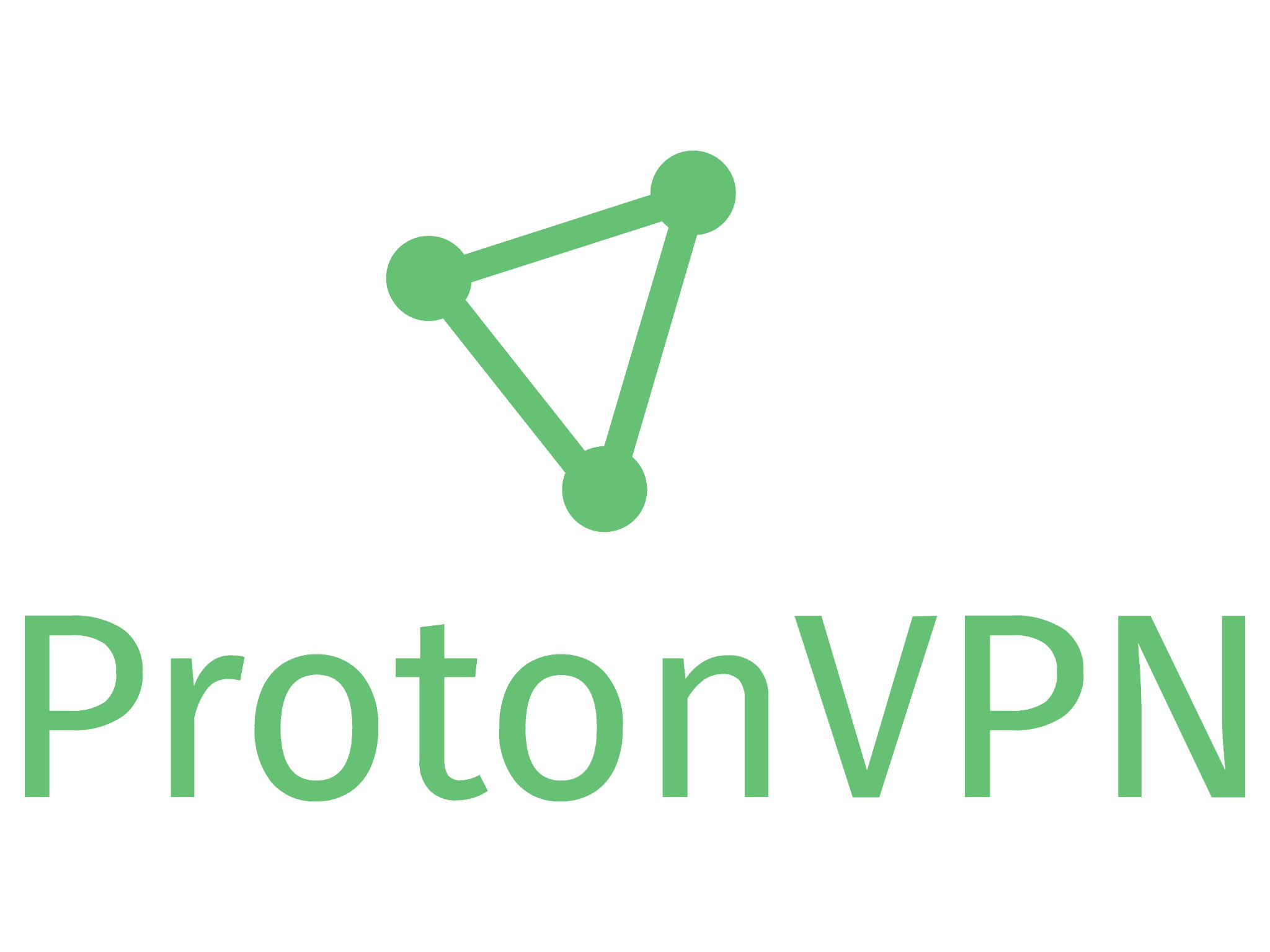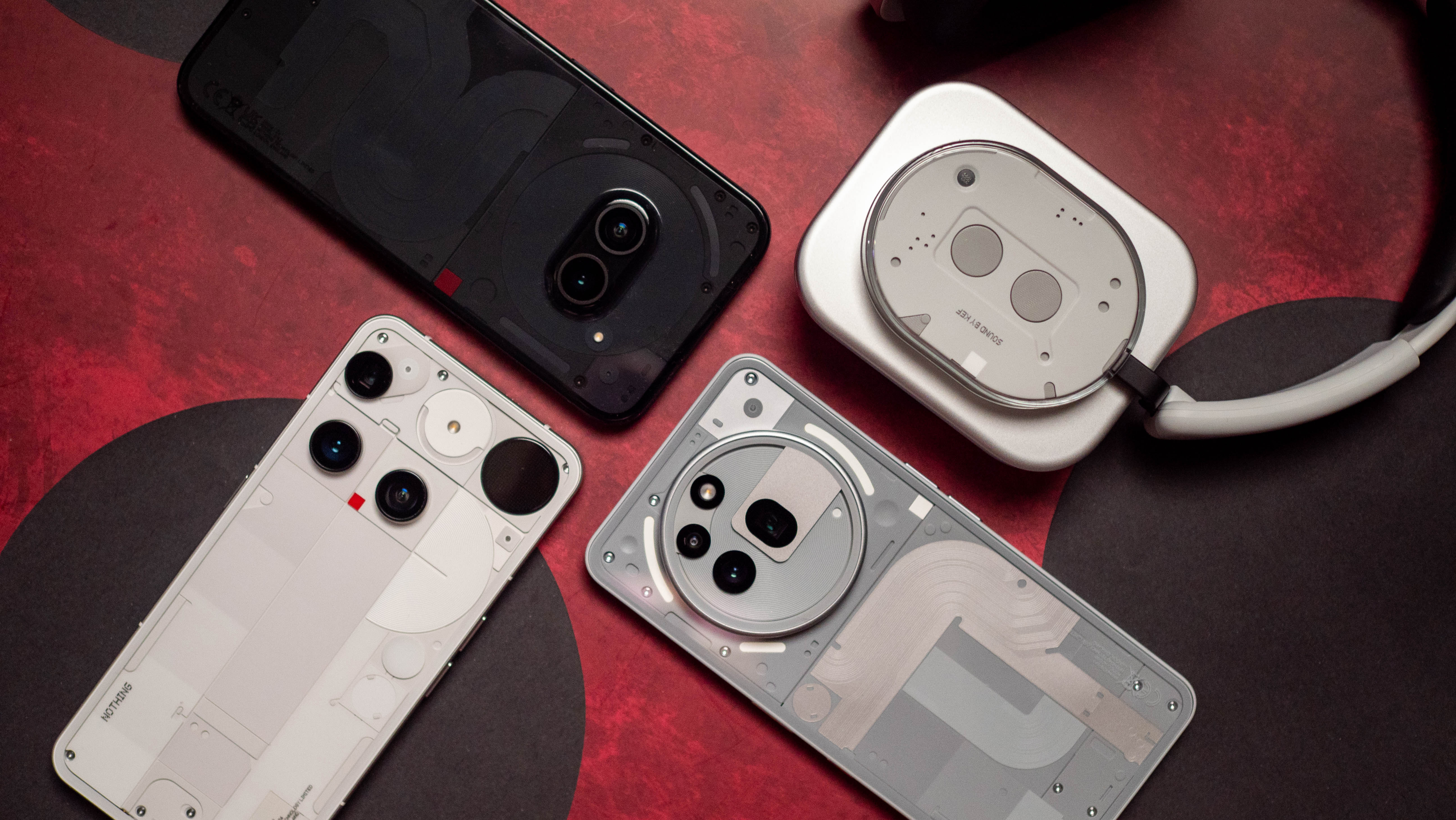Hotspot Shield vs Proton VPN: Battle of the best free VPN options
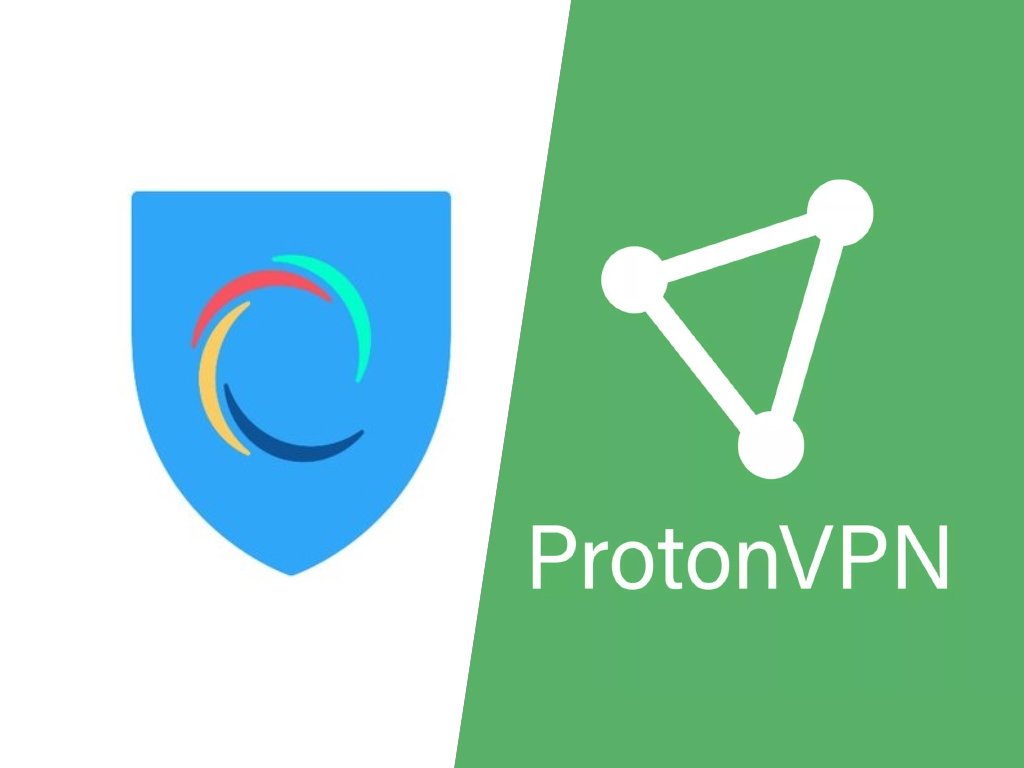
Get the latest news from Android Central, your trusted companion in the world of Android
You are now subscribed
Your newsletter sign-up was successful
Hotspot Shield VPN
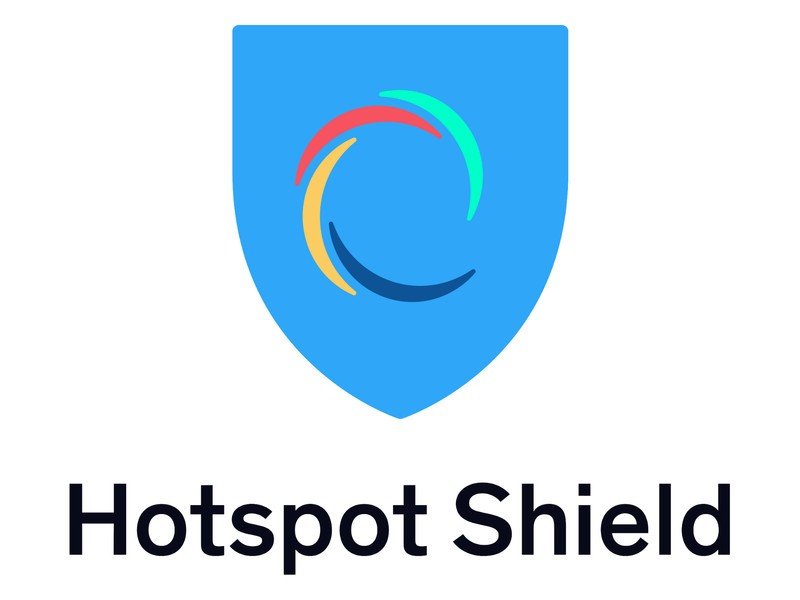
This is our top recommendation for those looking for a free VPN. You do need to enter your credit card number, but the company won't charge you and you can use the service for free beyond the 7-day trial.
Hotspot Shield VPN
Great free option
Proton VPN
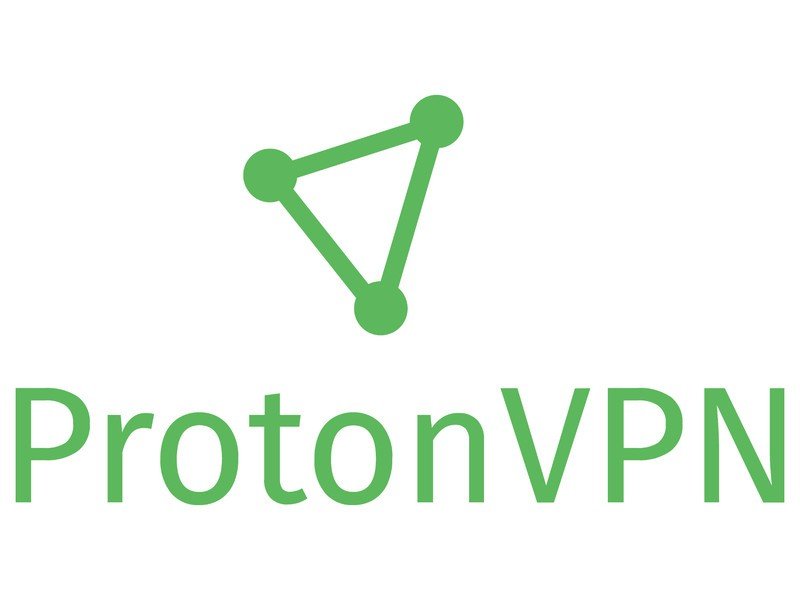
From the creators of the secure and encrypted ProtonMail comes ProtonVPN. There are no data limits here, but free users are deprioritized in favor of paid ones during peak usage times.
Proton VPN
Security focused
Downloading a virtual private network is a great way to protect yourself from different cyber threats, encrypt your personal data and enjoy more online content.
However, if you've never used a VPN before or are on a budget, you may be hesitant about paying for a premium service. Luckily, there are plenty of free VPN providers that you can opt for instead.
Out of the many free VPNs available, two of the best are Hotspot Shield and Proton VPN. They offer lots of great features and capabilities at no price to users. But which is the best? We compare them to find out.
What is a VPN?
Virtual private networks are online tools for browsing the internet privately and securely. They hide internet protocol addresses and encrypt your data so everything you do online can't be traced by third parties like internet service providers, governments and corporations. VPNs are not only used for improving internet privacy, but also bypassing geo restrictions to unblock streaming platforms and websites.
Hotspot Shield vs. Proton VPN: Which one costs less?
The best thing about Hotspot Shield and ProtonVPN is that neither cost a penny as they both provide free versions of their platforms.
But like pretty much all companies that offer free platforms, they do allow users to upgrade to premium subscriptions. ProtonVPN's cheapest premium subscription option costs just over $3 per month. Meanwhile, the cheapest paid-for plan offered by Hotspot Shield is $2.99 per month.
Hotspot Shield vs. Proton VPN: How's the security?
Any genuine VPN provider should take issues of security and privacy seriously. The free version of Hotspot Shield certainly doesn't compromise on these areas, providing all users with military-grade encryption as standard.
The basic version also sports a kill switch, several VPN protocols and a no logs policy.
According to Hotspot Shield, its security and privacy technology "blocks 57 million malware and phishing sites a day". So it's safe to say that you'll be protected from cyber criminals with this service.
ProtonVPN is another provider serious about protecting its users from cybersecurity threats. It has a no logs policy, no advertisements, a built-in kill switch, DNS leak protection, AES-256 encryption and highly secure VPN servers. The company is also based in Switzerland, which is infamous for enforcing strict privacy legislation.
Hotspot Shield vs. Proton VPN: What about the speeds?
When opting for a free VPN service, you're not really going to get the most amazing speeds. Hotspot Shield has a connection speed cap of 2Mbps and a daily data cap of 500MB.
ProtonVPN is slightly better as it doesn't limit users on how much data they can use every month, but as the company describes on its website, it only offers "medium" speeds. You might find that speeds especially lag during peak times of the day.
Regardless of which free VPN provider you choose, you won't experience amazing speeds for activities like streaming and gaming. Free VPNs are slow, and realistically, they're only good for basics. If slow speeds are an issue, you can always upgrade to a paid plan.
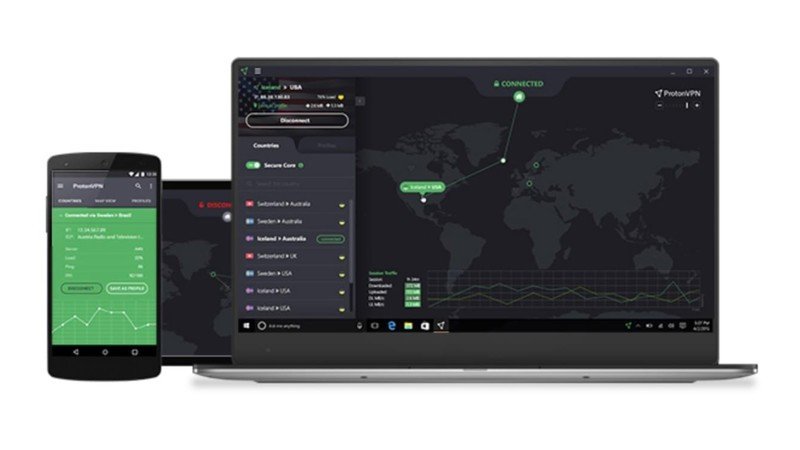
Hotspot Shield vs. Proton VPN: Which one has better apps?
In terms of user experience, Hotspot Shield knocks it out of the park. Even though this is a free service, the app is easy to set up and use. You're able to connect to servers quickly thanks to a single-click feature, and you can download the service on operating systems like Android, iOS, Windows, Mac and Linux.
Just like Hotspot Shield, ProtonVPN also has apps for different operating systems. These include Android, iOS, Windows and Mac. Proton's apps are filled with a variety of features, and you can easily sign up with your email address.
Hotspot Shield vs. Proton VPN: Which is better for streaming?
If you want to watch TV shows, movies and sports that are affected by geographical restrictions, a VPN is definitely handy.
When it comes to streaming, both Hotspot Shield and ProtonVPN are decent choices. Hotspot Shield has access to Netflix, Amazon Prime Video, Hulu, YouTube and others, and the same can be said for Proton VPN, which also works with major streaming platforms.
The number of VPN servers is also important for streaming, as they will allow you to get past geo restrictions and access content globally. Hotspot Shield has over 3,200 servers in various parts of the world, and ProtonVPN has 1,200+ global servers.
But there is a caveat: you'll need to upgrade to a premium plan if you want to stream TV shows and movies. Streaming on the free version of Hotspot Shield is limited, while ProtonVPN only lets premium users stream through its platform.
Hotspot Shield vs. Proton VPN: Which has better customer support?
Whether it's figuring out how to set up your new VPN or trying to fix an issue with your chosen service, you'll no doubt have questions that need to be answered at some point as a VPN user. That's why customer support is so important.
Firstly, let's talk about how Hotspot Shield addresses customer support. It takes an impressive approach to this issue by providing an entire page for supporting customers. You can easily search for answers to any burning questions, email the customer support team or talk to an expert via live chat.
We were also impressed with ProtonVPN's customer support facilities. By going to its support page, you can find information about your account, downloading the VPN, setting it up, troubleshooting and more. Towards the bottom of the page, you'll find a green button that allows you to contact the support team at Proton. However, we couldn't find a live chat function, sadly.

Hotspot Shield vs. Proton VPN: Do they keep logs?
If you sign up for any reputable VPN company, you won't need to worry about them storing logs. It'd essentially be blasphemy because VPNs are supposed to improve online privacy, not hinder it.
Hotspot Shield claims that it will "never track, log, or store any of your personally identifiable information, including your IP address." Meanwhile, ProtonVPN says it "respects its users' privacy and enforces a no-logs policy." So your privacy will be safe in the hands of both companies.
Hotspot Shield vs. Proton VPN: The bottom line?
Our choice for the best overall free VPN of 2021 is Proton, and that's because the free version offers so much value. Firstly, there aren't any data limits like you get with Hotspot Shield, but Proton also has lots of impressive security features and easy-to-use apps. The premium version of Proton is also cheaper than Hotspot Shield's paid subscriptions, which is handy to know if you start with the free plan and decide to upgrade later down the line.
We test and review VPN services in the context of legal recreational uses. For example:
1. Accessing a service from another country (subject to the terms and conditions of that service).
2. Protecting your online security and strengthening your online privacy when abroad.
We do not support or condone the illegal or malicious use of VPN services. Consuming pirated content that is paid-for is neither endorsed nor approved by Future Publishing.
Get the latest news from Android Central, your trusted companion in the world of Android
